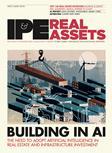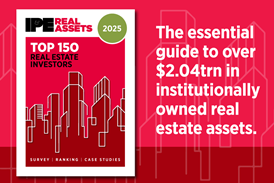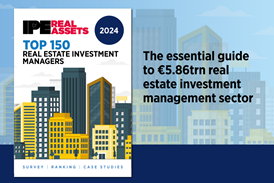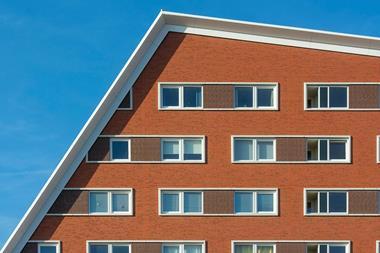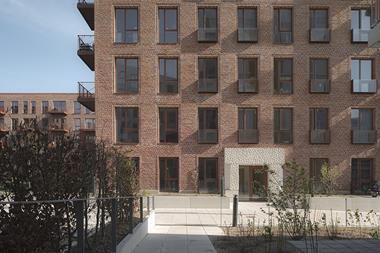Lending to UK commercial property fell sharply in the first half of the year, but the full effects of the COVID-19 pandemic have yet to be felt as £23bn (€25bn) of retail and alternative property comes up for refinancing, according to a report released today.
The UK Commercial Real Estate Mid-Year Report by The Business School (formerly Cass) shows that lending volumes fell 34% in the first six months of 2020 compared with the same period last year.
Some lenders are only considering business with existing clients, and 22% of lenders have not undertaken any lending at all during the first half of the year.
Most lenders have stopped considering retail assets, particularly shopping centres. However, oustanding loan amounts allocated to retail assets have remained the same as lenders choose to extend existing loans that could not be repaid or refinanced elsewhere.
, author of the report and senior research fellow at The Business School, warned that the “short-term effects of the coronavirus pandemic have only just become visible”, and more disruption was to come.
“Over the next two years we estimate that £9.5bn of retail assets and a further £13.5bn of alternative assets like student housing, hotels and care homes need to be refinanced,” she said. “Many facilities are will be at 85% to 120% LTV at that time.”
Fortunately, leverage levels are lower and banks are better capitalised than during the outbreak of the global financial crisis in 2008, meaning distressed loan sales and receiverships “are still a long way off”.
But Lux said “the real estate debt cycle has entered a new phase”.
She added: “Despite the regulatory curb on loan books, they have been expanding steadily and are 13%t higher in 2020 than in 2017.
”Loan origination displayed the third lowest six-month period since 2010, and the development cycle has reached a new peak with £23bn. At this point, it is unclear if 2020 was the trough, or 2021 will see further decline in origination and increasing LTVs.”
Peter Cosmetatos, CEO of the Commercial Real Estate Finance Council (CREFC) Europe, said the report “merely hints at how commercial real estate finance might be impacted by the massive exogenous shock wreaking havoc across the economy”.
He added: “It is not a surprise to see low origination volumes largely involving refinancings and loan extensions, a dearth of big- ticket lending opportunities, and a clear trend towards the perceived resilience of residential and offices.
“For now, typical LTVs and pricing appear to have shifted only modestly, and sensible lending terms at origination continue to protect loan books from significant stress. There is surely worse to come.”
Ian Malden, executive director at Savills, said: “It is notable that a proportion of lenders did not provide new finance in the first half of 2020 and, more recently, many have needed to assist their customers with interest payment holidays and loan extensions.
“The report notes, however, that this will inevitably lead to a deterioration in the quality of loan books and higher capital costs over time.”

